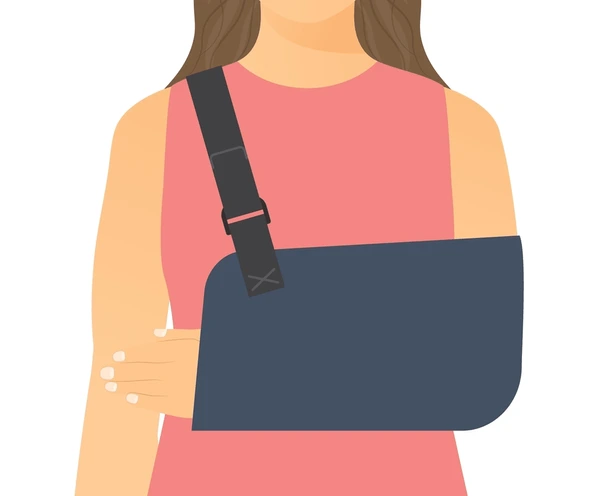MRI stands for Magnetic Resonance Imaging, which means magnets and radio waves are used to create images of the structures within the body. This sophisticated imaging technology allows your shoulder surgeon to look inside the shoulder joint and diagnose problems without having to do any invasive procedure.The advantage of an MRI over an X-ray is your physician can only visualize the bone structure with an X-ray; an MRI provides clear and detailed images of soft tissues including muscles, tendons, ligaments, blood vessels, and nerves in addition to bone. Also, unlike an X-ray, an MRI is radiation free and there are no long-term adverse effects.You may be advised to get an MRI of the shoulder whenever a soft tissue injury is suspected but cannot be confirmed by physical examination alone. There are many soft tissue structures that surround and stabilize the shoulder joint while at the same time facilitating arm movement in multiple directions. These soft tissues may be injured due direct trauma, repetitive overhead movements, or age-related wear and tear.An MRI study of the shoulder may be required to evaluate:
- Degenerative joint conditions of the shoulder
- Rotator cuff tears
- Shoulder impingement
- Tears in the shoulder labrum (the rim fibrous tissue around the shoulder socket)
- Biceps tendon injuries
- Infections such as osteomyelitis
- Tumors of the bone
- Certain types of bone fractures
- Sports or work-related shoulder injuries
- Post-surgical healing after shoulder surgery
- Swelling of tissues
- Unexplained shoulder pain
This does not mean, however, that everyone needs a MRI. In fact, MRIs are over-utilized. Many diagnoses and treatment plans can be made without an MRI. I attempt to reserve an MRI for cases in which it will potentially change the treatment plan. Most commonly an MRI is needed when someone has shoulder pain that does not respond to six weeks of conservative treatment such as NSAIDs, physical therapy, or injection. Cases where an MRI is ordered earlier include trauma with a suspected traumatic rotator cuff tear or dislocation.Rapidly advancing MRI technology allows patients to be accurately diagnosed and cared for earlier ensuring faster recovery and better outcomes of treatment.Dr. Patrick Denard has been voted one of the top 20 Shoulder Surgeons in North America and is the most widely published shoulder specialist in Oregon. Dr. Denard is committed to providing the highest level of Orthopedic care to his patients. Dr. Denard has advanced arthroscopy training and is able to perform the vast majority of shoulder procedures in a minimally invasive fashion, including all types of rotator cuff repairs and instability repair. These techniques allow him to repair tears that some consider “irreparable.” Providing every patient with advanced medicine and compassionate care each and every time.
Similar posts



